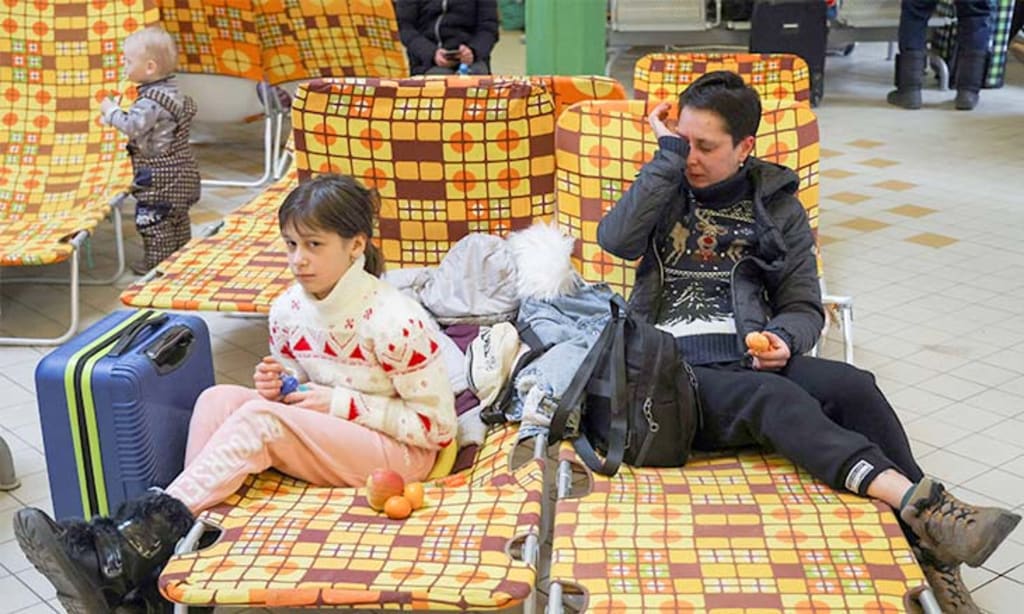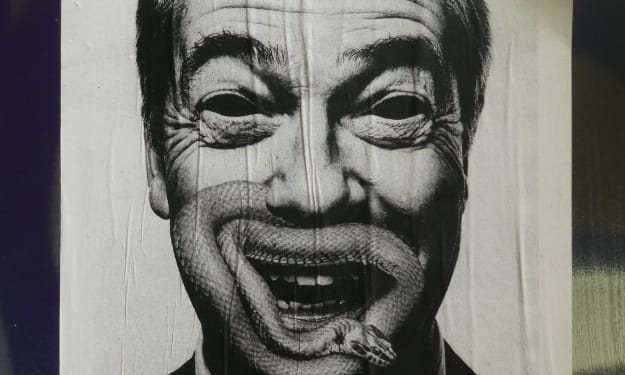Russia and Ukraine: Arab and Regional Intersections!
Some Arab authorities expressed clear support for the Russian invasion of Ukraine, as was the case with Sudan, whose authorities not only announced their support for Moscow, but also sent the deputy head of the “sovereign council” Muhammad Hamdan Daglo, who traveled to the Russian capital during the invasion to confirm that support. .

Some Arab authorities expressed clear support for the Russian invasion of Ukraine, as was the case with Sudan, whose authorities not only announced their support for Moscow, but also sent the deputy head of the “sovereign council” Muhammad Hamdan Daglo, who traveled to the Russian capital during the invasion to confirm that support. .
The UAE, in turn, announced its support for Moscow by talking about the "strategic partnership" that brings the two countries together, in a call by its Foreign Minister Abdullah bin Zayed with his counterpart Sergey Lavrov.
There is no need to emphasize the position of the Syrian regime, as its president, Bashar al-Assad, showed his delight in the invasion and his “recognition” of the separatist republics, and his foreign minister, Faisal Miqdad, was also in Moscow. Damascus, in the context of Russian foreign policy, is the counterpart of Chechnya, in which Putin appointed its president Ramzan Kadyrov, and Belarus, from whose territory part of the attack was launched, and the separatist “republics” of the Kremlin in Georgia, Moldova and Ukraine, and the countries affiliated with it, such as Uzbekistan, which announced Its support for the operation, of course, and its ally, such as China and Iran, which justified the invasion by "NATO provocations."
Other Arab countries chose to adhere to a middle position, as did Egypt, which stressed the "importance of giving priority to the language of dialogue" and Jordan, which called for "exerting maximum efforts for self-restraint", while the Qatari foreign minister made contacts with his Ukrainian and Russian counterparts, and called on Kuwait to "settle the conflict by peaceful means." The condemnation of the Russian attack came from the Libyan government in Tripoli, as well as by the Lebanese Foreign Ministry. It was criticized by parties supporting the “axis of resistance.” Turkey’s position was distinguished in turn, as it rejected the Russian invasion, and its president, Recep Tayyip Erdogan, criticized the indecisive position of “NATO.” .
The Palestinian Authority refrained from commenting on the Russian attack, and only a supportive comment appeared by the "Democratic Front" denouncing the "aggressive measures" of America and Europe against Russia. The calculations of the Palestinian Authority, on the matter, relate to maintaining friendly relations with Moscow, which is part of the “International Quartet for Peace” without angering the West, which provides forms of funding for the Authority, and international and popular mechanisms to oppose Israel. Behind this position, too, is a Palestinian public opinion that views the world through a lens that considers what harms the United States and its European allies, and benefits its opponents in Russia, China and Iran, as good for the Palestinian cause.
The positions of the Arab countries regarding world events (including a dangerous event such as the invasion of Ukraine) are related to direct political calculations, but their true root lies in the sanctification of the logic of power, which governs relations between regimes and their people, and between international regimes and powers, which explains, for example, the relationship Some regimes that are close to Israel and Russia together, or a relationship of absolute dependence on Moscow (with empty fanfare against Israel), as is the case with the Assad regime.
Although the Ukrainian event does not directly threaten the Arab regimes, its geo-political repercussions will be influential, and its economic repercussions will be clear, in terms of the significant impact on the oil, gas, wheat and corn markets, as several Arab countries depend on Ukrainian wheat, and the sanctions on Russia will be reflected on Oil and gas prices, which will put pressure on the economies of many Arab countries, and the prices of energy, food, aviation, and transportation will add economic burdens on tens of millions of residents of the region.
It remains to be said that narrow political calculations, increasing polarization between strong regimes and weak peoples, and moving away from principles that emphasize the sovereignty of states and the rights of peoples to self-determination are issues that are at the core of the struggle of the Arab peoples, and the position on the Russian invasion is also a position on the Israeli occupation and tyranny Dictatorships, and that accepting an occupation in a place far from us is accepting another occupation that sits on our chests.





Comments
There are no comments for this story
Be the first to respond and start the conversation.